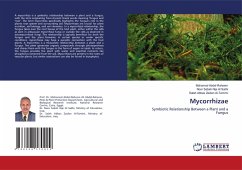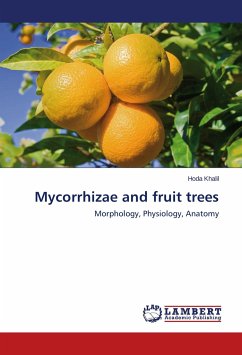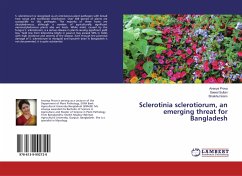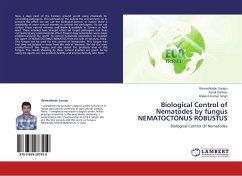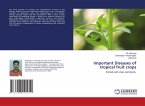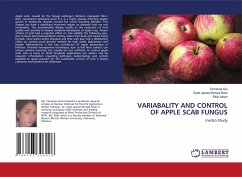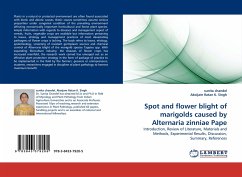A mycorrhiza is a symbiotic relationship between a plant and a fungus, with the term originating from Ancient Greek words meaning 'fungus' and 'root'. The term mycorrhiza specifically highlights the fungus's role in the plant's root system and surrounding soil. Mycorrhizae are crucial for plant nutrition, soil biology, and soil chemistry. In a mycorrhizal relationship, the fungus takes over the root tissues of the host plant, either within the cells as seen in arbuscular mycorrhizal fungi or outside the cells as observed in ectomycorrhizal fungi. This relationship is typically beneficial for both the fungus and the plant. However, in certain species or under specific conditions, mycorrhizae may have a parasitic connection with the host plants. A mycorrhiza is a mutualistic relationship between a plant and a fungus. The plant generates organic compounds through photosynthesis and shares them with the fungus in the form of sugars or lipids. In return, the fungus provides the plant with water and essential nutrients like phosphorus extracted from the soil. Mycorrhizas are present in the roots of vascular plants, but similar associations can also be found in bryophytes.
Bitte wählen Sie Ihr Anliegen aus.
Rechnungen
Retourenschein anfordern
Bestellstatus
Storno

